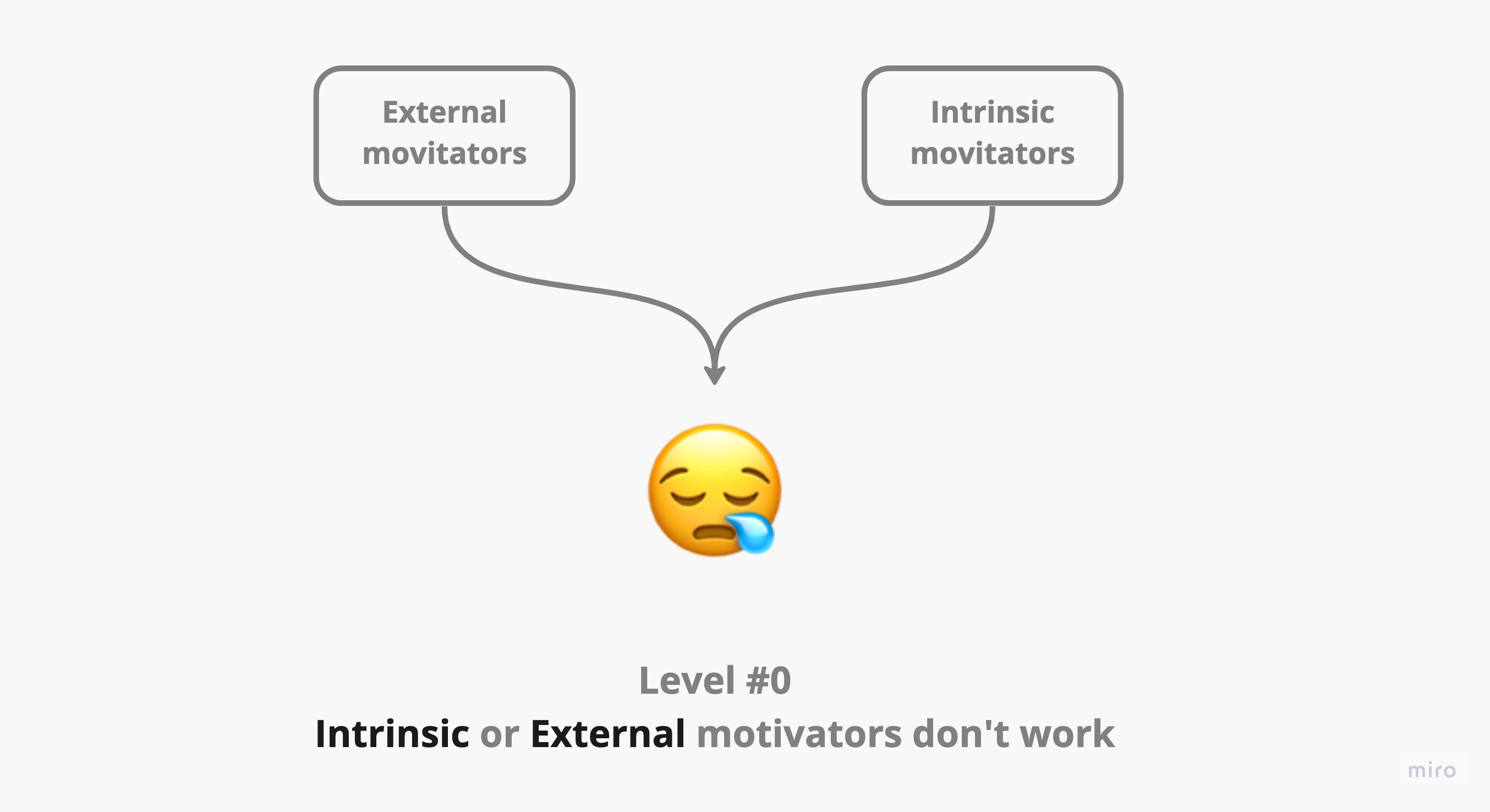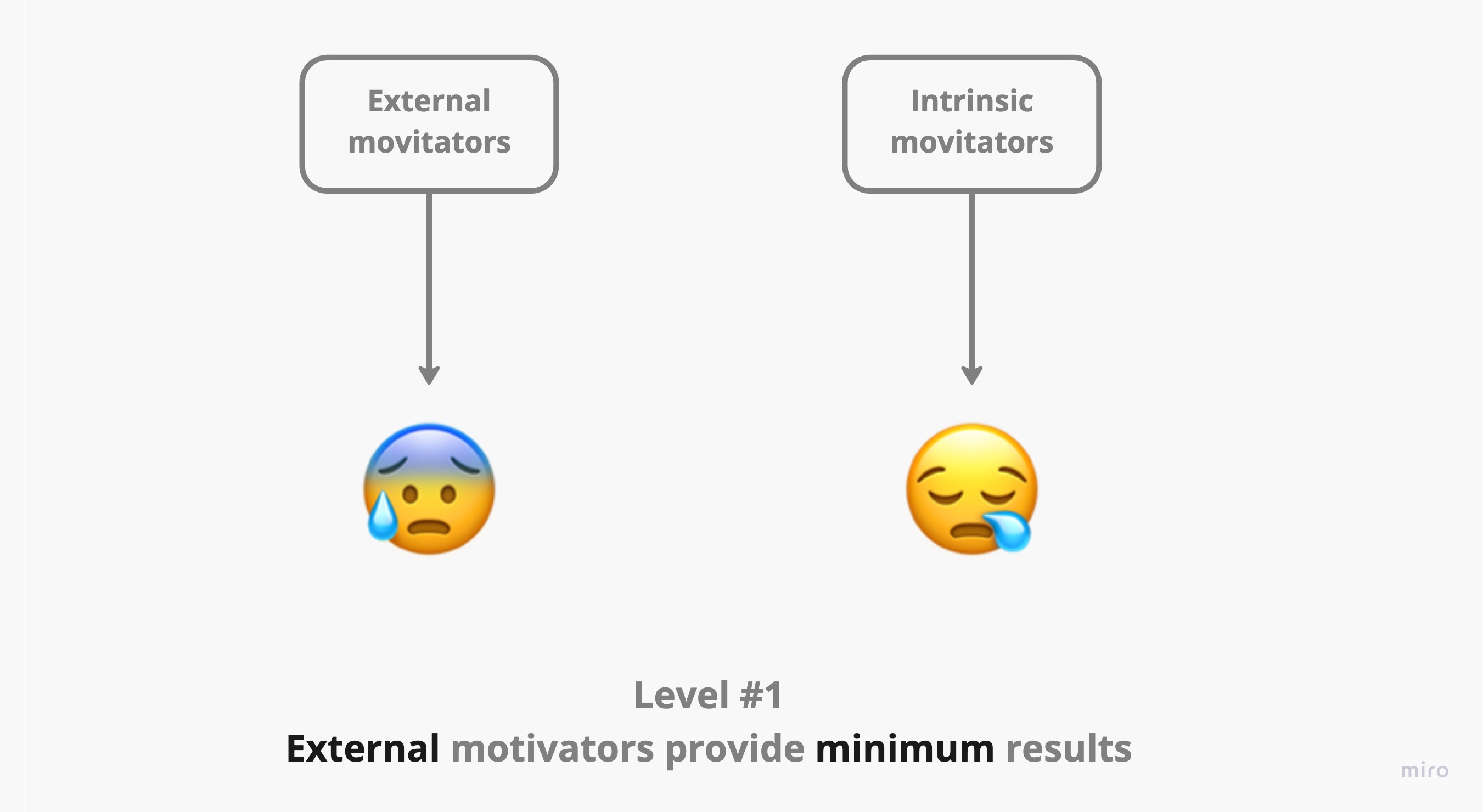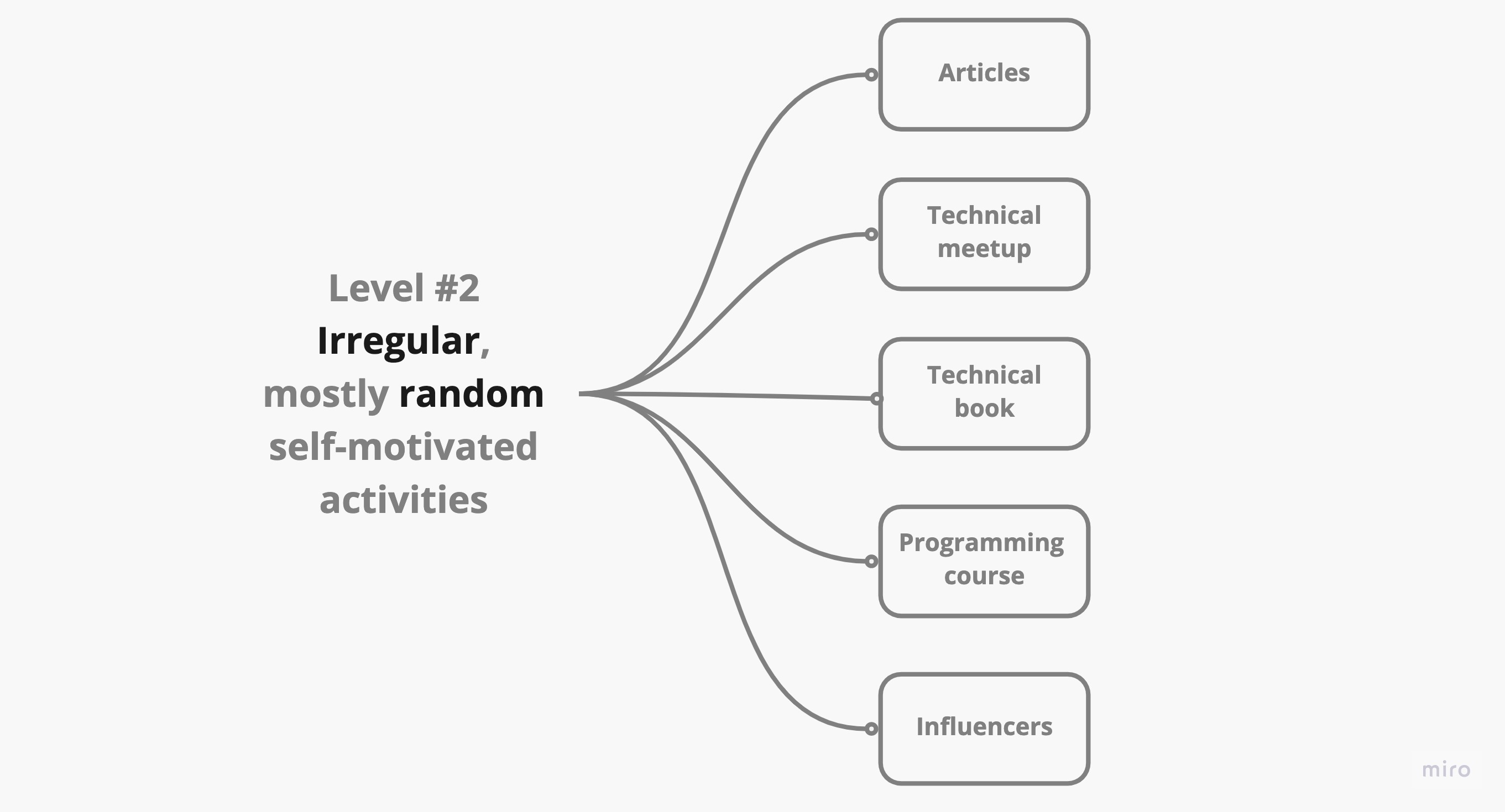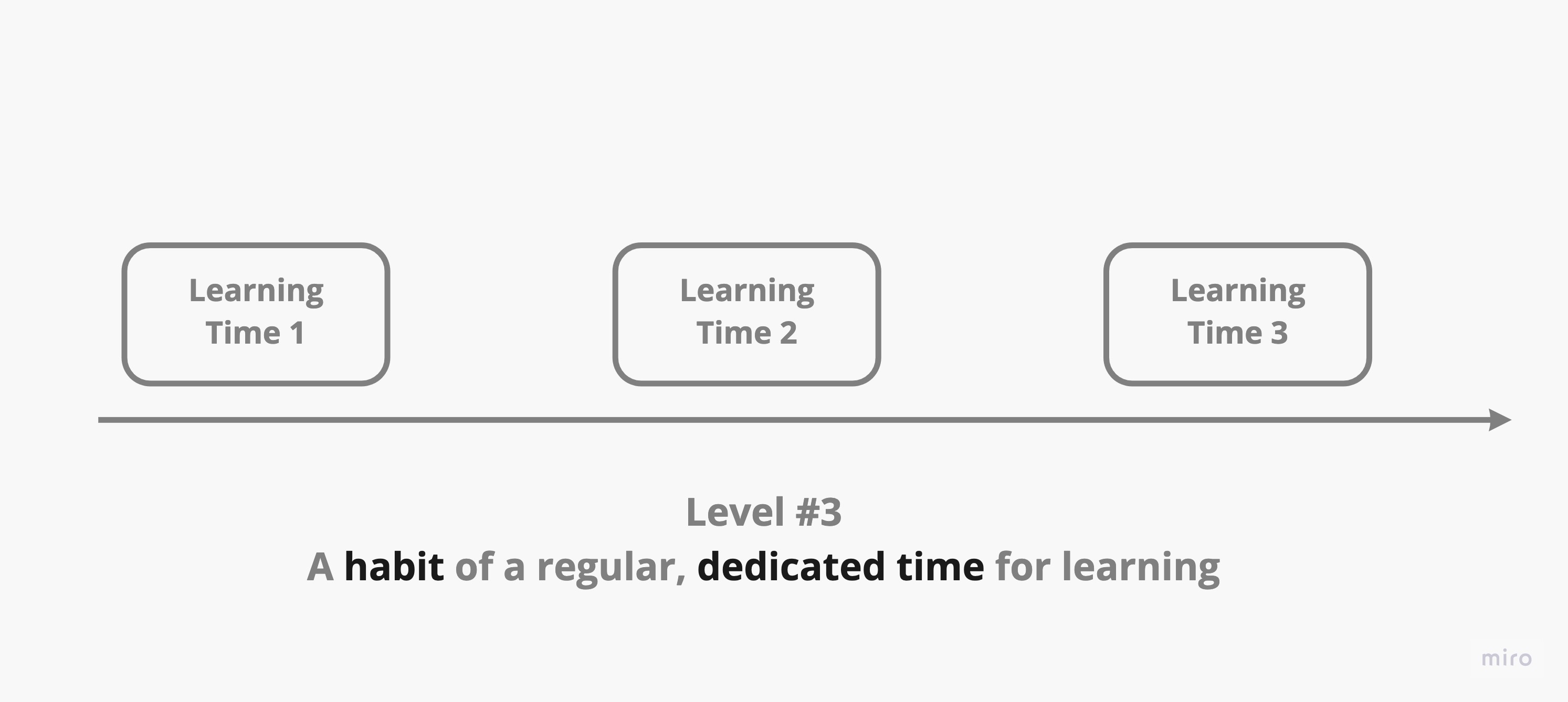Evolution of my learning methods, part #1
Considering all of the revelations from the AI world that came to us in 2022, it's almost a truism to say, that technology changes quickly. If you are a software engineer, you probably know this weird sensation which emerges after taking a look at your technical bookshelf, especially at the books that you bought but didn't study. Many of the positions there are already so outdated that it doesn't even make sense to read them anymore... 🙈
Maybe 20 years ago we had a problem in IT with resources being sparse - books available only in specific countries or libraries, not many people sharing knowledge online, and video tutorials barely doing any baby steps.
In 2023 it's the opposite - there is so much information, that for many it's equally easy to get lost as it was hard to start 20 years ago.
Realising that, I started to question my learning methods to understand if I'm really getting the most out of my time investment. I'll describe the journey of a learner from my perspective and my own experiences. Maybe you'll find yourself on one of these steps? I hope so - because then, I may give you a tip on what else you can try.
I'll try to cover the topic in 3 parts:
- Part 1 (this one) - levels 0 to 3 - focused on motivation and habits, our drivers and the topic of discipline;
- Part 2 - levels 4 to 7 - focused on deliberateness and retention, learning just-in-time vs learning just-in-case as well as quality resources of knowledge, including newsletters;
- Part 3 - levels 8 to 10 - focused on further increase in retention, or how can we increase knowledge stickiness, covering topics of making notes and repetition;
Level 0 - Not really learning
This is almost obvious - this is a level of a person who doesn't actively work on gathering more knowledge related to their work. Simple! However, it's important to notice when this is happening, because a common "person doesn't have a growth mindset" may be a premature judgement. From my observations, causes are often more complex:
- Wrong career selection;
- Burn-out, losing interest or drive for this profession;
- Too many other responsibilities, making it almost impossible to find time for learning or impacting negatively a person's energy levels;
- Lack of awareness about learning resources, goals or importance of them in personal career;
Even when asked or motivated externally, the person is not capable of performing learning activities.
Identification of the root causes and working on them first will unblock your way of the learner. It may be as simple as increasing awareness or organising your time better or as difficult as dealing with a specialist to help you with burnout or even switching careers.

Level 1 - Learning when pushed
At this level, a person solved at least partially a problem of interest but it's still difficult for them to actually perform learning activities themselves. However what a typical situation is when they are pushed by scenarios like:
- A deadline;
- Promotion requirements;
- A manager or a coach;
- Or other similar external factor;
Suddenly they can do it. They may lack intrinsic motivation to do it out of themselves, but with a force from outside, they can learn and grow. The pain of this situation is that it's necessary to provide such external motivators, which drain energy from the giver, and the person is dependent on them. Additionally, people in this tier usually do a minimum to pass. If they will switch to a company or environment where such external incentives won't be placed, they may be in big trouble in terms of their career - they will stagnate on their own and wake up being way behind.
From my observation, the majority of people exist on this level.

Level 2 - Chaotic learning
Chaotic learning is an interesting level, where a person doesn't depend so much on external drivers to learn. They can find and buy a book about any work topic, go to a conference because they monitor them, and do the internet course without external people telling them to do so. However, it's still chaotic in the sense that:
- It's often not regular - happens when they are in the mood or happen to have time;
- It's often not directed - so it may be pretty random in the sense of topics being learned, it's usually driven mostly by pure interest at a given moment;
Still, it's better than nothing - such people over time will grow on their own in their craft. If their environment supports learning, the pace will be even faster, but they are not fully dependent on it. If you encounter such people in your work, they usually require just a little direction to accelerate greatly.

Level 3 - Systematic learning
I learned the hard way how important this is when I switched my workplace. I used to travel 25-35 minutes each day to work one way, and at the same time to go back. I used this time on the train to read. I could consume 1-2 books per month in such a way, usually rotating between work-related stuff and fiction. That was a good habit that stuck with me for over three years and assured a steady, fast growth at that time, early in my career.
Then, my company launched another office... on my street, 3 minutes away 😂 As it turned out, I was happy to save some money for communication and a lot of time, but only to realise that... I've stopped reading so much. It was way more difficult for me to build a habit of learning when I had so many other things that I could do in my home!
Notice that there are many books about this topic, like 5 AM club or a Golden Hour concept advertised by Brian Tracy, which emphasize how important and critical it is to save a time during your day for your growth. For some people, it will be enough to assure they read, for others it may be listening to audiobooks when they do other stuff (there is a whole concept called N.E.T time, introduced by Darren Hardy) or coaching sessions with a mentor. Either way, it all resolves to building a good habit... which requires discipline. It's tough, and there are many praised positions which give a lot of tips on how to make it easier, like Atomic Habbits.
My current setup involves the following:
- Learning as the first thing in the day before work for at least 1 hour (Golden Hour);
- two longer learning sessions during the week of the undisturbed time of 4 hours to allow for deep work to happen;
- Utilizing podcasts whenever I'm doing something manual or any other chores when my body is working but my mind is mostly free (N.E.T time);
- I also have other habits but I think it will make more sense to describe them in the upcoming parts!

Summary
In this part, we've gone through a majority of learners, in my opinion - since most people struggle with motivation or discipline. However, once you beat these problems, it's not over yet - you may quickly discover problems like:
- Trap of learning for the sake of learning;
- Trap of FOMO;
- Trap of false productivity from making notes;
And many other things I've discovered in my journey. See you in the next part, where we will start by covering a topic of learning just in time vs learning just in case!
This is a repost of Krzysztof’s article from his blog https://www.witczax.com/.

